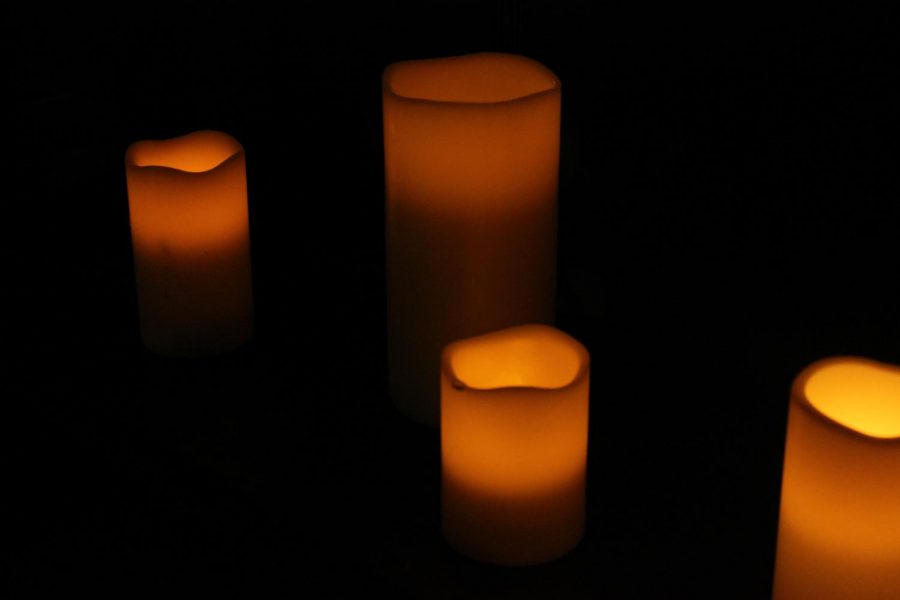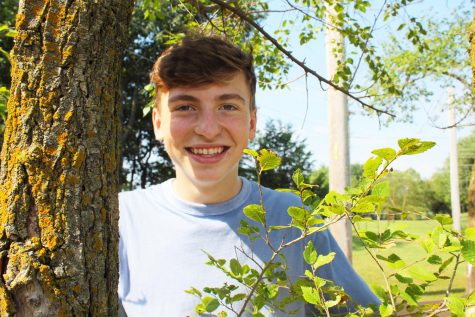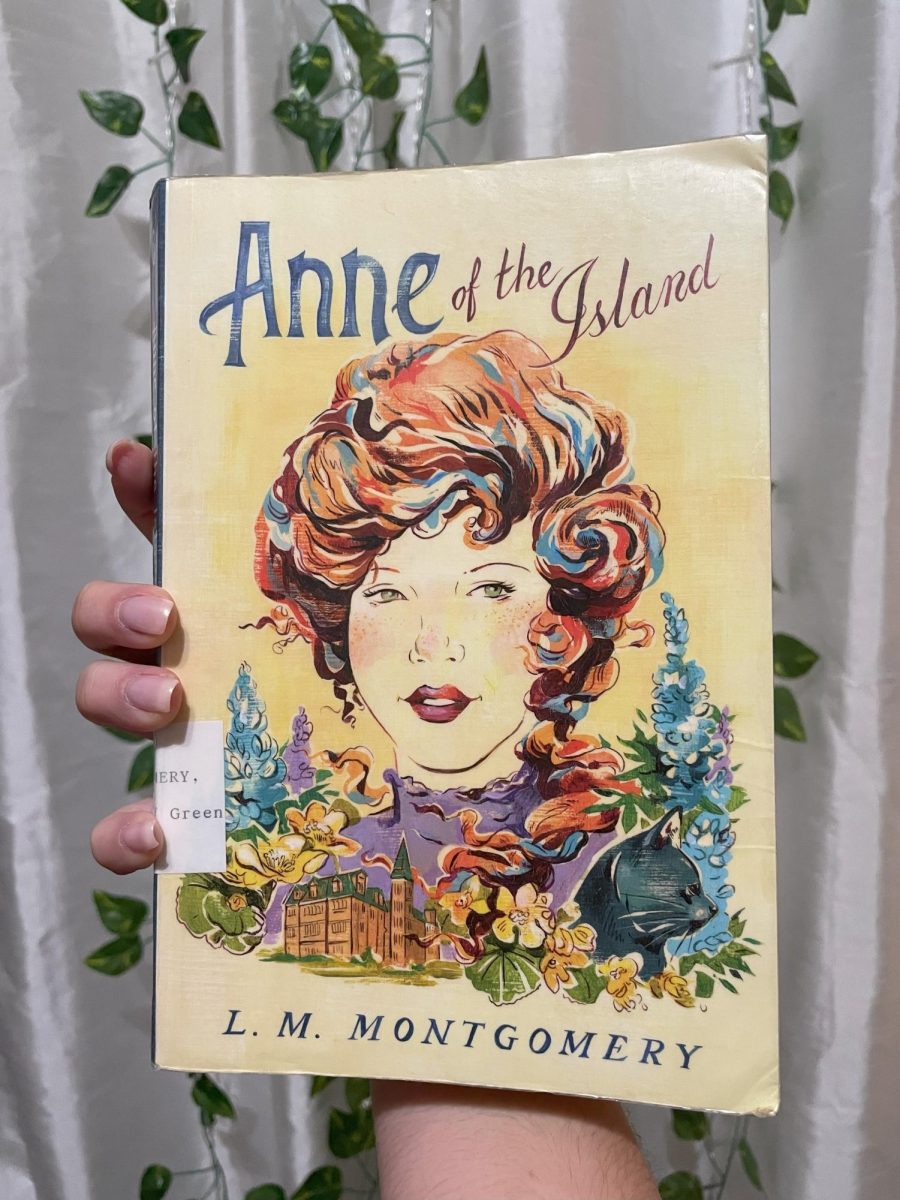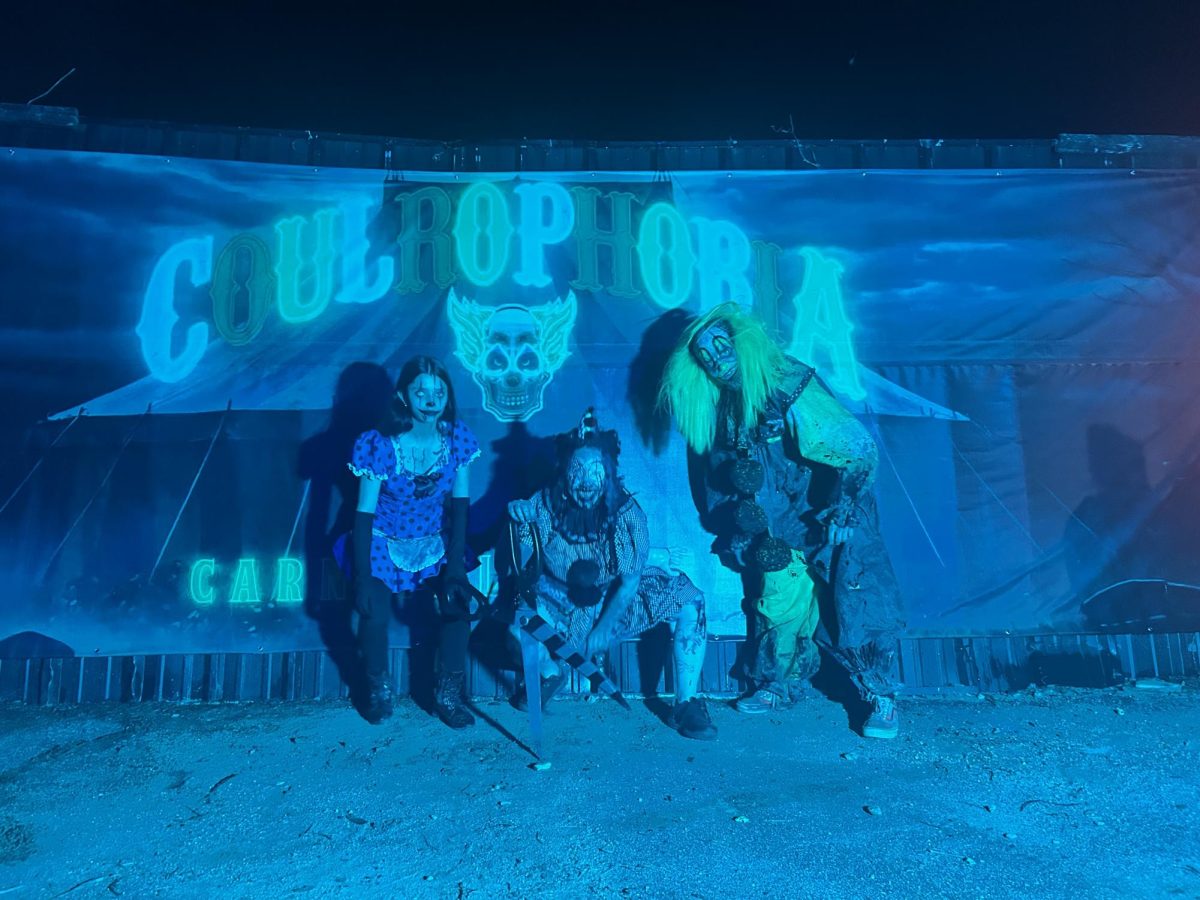Dealing with COVID Losses
March 1, 2021
COVID-19 has taken its toll on America with different mandates, social distancing protocols, excessive quarantines and shortages of supplies. However, at the heart of the pandemic is the deathly toll it takes.
The deaths caused by the virus often come with a huge emotional toll, especially when a close relative or family member is lost. However, there are ways to find closure with grief. Damon West, author of “The Coffee Bean”, thinks the best way to deal with difficult situations such as the grief process is by giving.
“I have found when I am dealing with difficult situations, the best way to cope is to find other people to help,” West said. “When I pour into the needs of others, I’m always more capable than I think to combat my own problems.”
Though not always easy to keep a positive mindset, West emphasizes the need to look at grief optimistically.
“The key thing about staying positive is to find other positive people,” West said. “There are things that happen in life that are out of your control, and by cultivating a positive atmosphere with other people, it can help you move from one stage to the next.”
Not only that, but West believes the most important thing to focus on is staying in the moment. Don’t get carried away in the future or past.
“Live in the moment,” West said. “If you live in the moment, you are going to see the obstacles or opportunities that arise throughout the day.”
COVID-19 deaths are often more lonely with masks and social distancing. Junior Maleah Bays lost her grandfather to COVID-19.
“[My grandpa] was in the nursing home when he passed away, but it was just depressing,” Bays said. “My uncle was the only one who was allowed to go see him. … With every video my uncle posted [on Facebook, my grandpa] just looked more sad in each one.”
Bays was caught off guard by her grandfather’s death.
“I was in English and my mom called me,” Bays said. “I declined the call at first and she called three more times, so I picked up and she told me while I was sitting in the hallway. At first I was kind of shocked. I had known he was sick and he had dementia, but I didn’t realize it was that bad. I also thought he would be fine because he was in a nursing home.”
With 80 percent of COVID deaths striking people from ages 65 to older according to www.kff.org, Bays’s family had concerns The nursing home was closed to visitors to try and limit the spread of the virus, which limited Bays’ ability to see him.
“I did not see him [when he contracted the virus],” Bays said. “The last time I saw him was a few weeks before he passed. He was living at my aunt and uncle’s house and he didn’t remember who I was.”
Bays is not the only student who suffered from a close loss due to COVID- senior Myah Snider encountered one as well.
“My dad woke me up and told me that my grandpa had been taken off the ventilator at 5 a.m. and passed away,” Snider said. “He asked me if I would like to stay home that day.”
Both students shared similar shock after discovering the death of their loved one. Snider was not able to be with her grandpa in his final moments, either.
“I was shocked for a few minutes and tried to process it until I started to cry,” Snider said. “I did not get to see my grandpa the whole time he was sick, but I was able to text him that I loved him before he was put on a ventilator.”
Snider felt restless not being able to go comfort her grandpa or be with him in his final moments.
“I kind of felt helpless and it hurt knowing that he was in pain and there was nothing I could do to help him,” Snider said. “I think it made me more upset.”
During her time of loss, Snider has found ways to cope and handle the grief from losing her grandpa. Snider found it best to cope by interacting with other people around her.
“I spent a lot of time with my friends and family to either talk about my feelings or to get my mind off of things,” Snider said. “It was really hard at first, but when I came back to school I became so busy that it was easier to cope.”
There are ways people can make a difference when it comes to the spread of COVID-19.
“The best way to combat the pandemic is to wear masks and socially distance,” Snider said. “I don’t think that people take the pandemic seriously enough. COVID doesn’t care if you’re young, old, healthy or sick. You never know how it is going to affect you and it’s not something to be messed with.”
Bays said she believes that a lot could’ve been done in the beginning in order to prepare for the pandemic.
“I think this thing could all be over if the government we had when it started had been responsible,” Bays said. “If they had put the precautions in place to limit a nationwide spread, like a strict lockdown or a mask mandate from the start, this would have been over way quicker.”
COVID-19 leaves lots of room for people questioning what to do and how to react, though Bays believes a more direct approach to the virus.
“[We need to do] what other counties like the U.K. have done, a strict lockdown and a nationwide mask mandate,” Bays said.“These things have proven to work. We also need to find a better way to vaccinate people.”
COVID-19 will always be prevalent in American history. The grief of loved ones lost will always be remembered.
“The way I dealt with death is I learned to let go,” West said. “Let that go and move on. You can’t change the past. You need more space to look forward then look backwards.”
West believes in others to overcome these types of situations. One can use them to use better themselves and the people around them.
“No matter what you’re faced with, it won’t be as bad as you think it’s gonna be,” West said. “You can overcome it because you are more strong than you think you are. Fear is a liar.”
West believes that no matter what a person is going through, whether that be the grieving process or another difficult situation, communication is key.
“Everyone needs to be able to express how they feel,” West said. “Once we get that stuff out in the open, it’s not a pressure inside of us anymore. Everyone wants to feel like they’ve been heard.”







